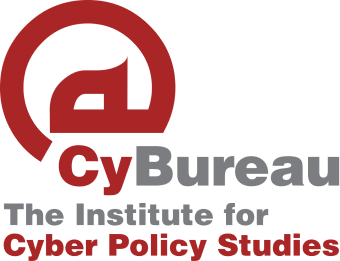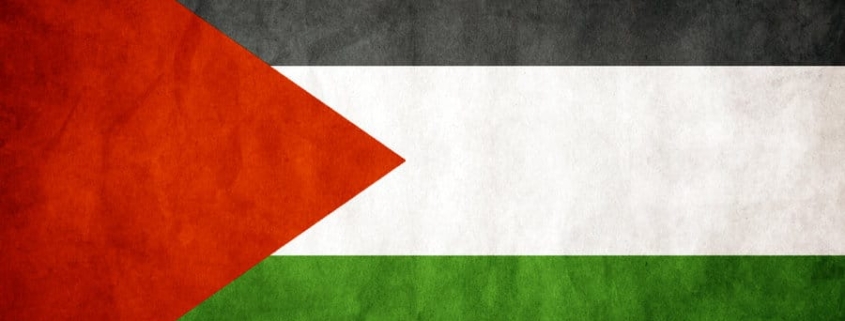Barrier ahead
Free access to information and knowledge are a governmental and social challenge for any country, especially for those in the Middle East that fear that the internet may undermine the existing leadership’s legitimacy.
This is a challenge to the Palestinian Authorities as well, the one in the West Bank as well as that in the Gaza Strip, who allow a relatively free hand, compared with other Middle Eastern states, in respect to governmental restrictions on free access to the internet. However, according to a report by the Palestinian news agency “Ma’an”, since April of 2012, the Palestinian Authority (PA) has ordered the blocking of 8 Palestinian news websites, which are not considered to be leading news websites and that deal with daily news and internal affairs. It has been claimed that they have served as a stage for expressing criticism against the President of the PA, Mahmoud Abbas (Abu-Mazen), and that they are identified with Muhammad Dahlan, a former Fatah leader and sworn enemy of the President.
This step raised a lot of criticism within the PA as well as out. Officials in the PA expressed their concern over the decision and saw it as an embarrassing and unhelpful step. The Spokesperson for the United States’ State Department, Victoria Nuland said: “We have similar concerns in other regions of the world, and we do not want to see the Palestinian Authority going in that direction”.
In light of the sharp criticism, Abu-Mazen instructed that the blocking be removed and promised: “The freedom of speech is a freedom based in the law. From now on, blocking internet sites will be forbidden”. However, he also called on journalists to cover events with “fairness and objectivity”.
In response to the media uproar that was created, the Communications Minister, Mashhur Abu-Deka, announced his retirement from public service. The announcement said that the retirement was due to personal reasons and in order to put an end to the affair. He claimed that blocking the websites caused damage to the PA around the world and added that there is no Palestinian law that allows censorship of internet websites, and that the attorney general had taken the law into his own hands when he ordered the Palestinian communications company, PalTel, to block the 8 websites. An examination revealed that these 8 websites are, in fact, blocked, most likely by means of an open-source program called Squid. “Blocking internet sites goes against the good of the public. I oppose this without exception”, said the Minister.
Palestinian officials reported that the Attorney General was in fact behind this step and that he personally ordered the blocking, most likely after having received orders from the President’s office or from PA Intelligence officials. In a first announcement on the subject, the Attorney General defended the blocking of the websites and claimed that some of them had been blocked for legal reasons and other websites had been blocked for security reasons, because they contained, according to him, information on how to build bombs. The Attorney General also claimed that he himself had complained about one website for attacking him personally, and criticized the timing of the Minister’s resignation.
However, lately there has been criticism over the Attorney General’s activities against freedom of speech within the PA, including the arrest of a journalist who had been charged with slandering the Foreign Minister, and the arrest of two bloggers who had criticized the Palestinian President on Facebook.
In November 2008 officials in the PA blocked a popular news site (alwatanvoice.com) because of reports on corruption among those close to the Palestinian President, Abbas. It was reported that in this instance as well, the Attorney General’s hand was involved. Other than these two occasions, there have been no other reports of website blockings in the Palestinian Authority. One of the conclusions from these events is that in the Palestinian territories, the websites that are blocked are those that dispute the legitimacy of the Palestinian government’s leadership, whereas under Hamas rule in Gaza, websites that are blocked are those that harm the social order and the ethical and cultural values of the Strip’s citizens.
Blocking of internet sites and imposing restrictions on the freedom of speech are undoubtedly steps that harm the freedom of information and are an obstacle for a democratic society. However, because of the rarity of such occurrences in the PA, the local storm that was caused by the last event, including the condemnations from home and overseas, along with the similarity to the previous blocking in the PA, this last event is not a substantial deviation from the Palestinian government’s attitude towards the internet, but rather a product of internal organizational conflicts and local initiatives against specific websites, and therefore is not a turning point in the PA’s relations with the internet.
This post is also available in:
עברית

